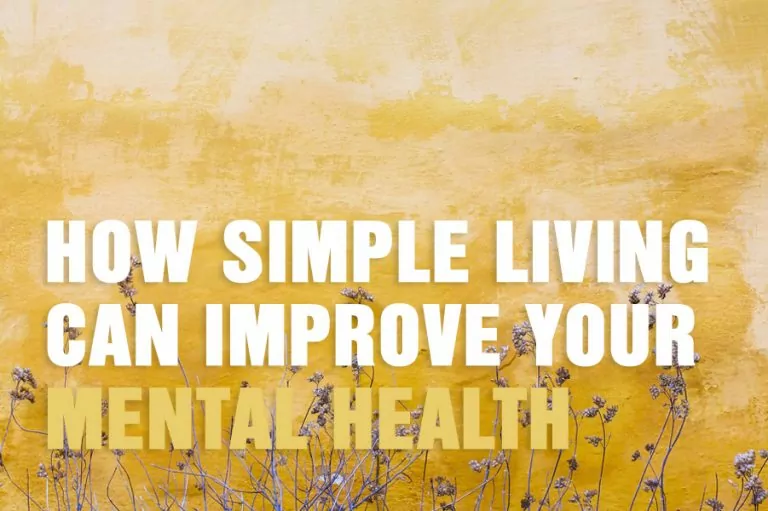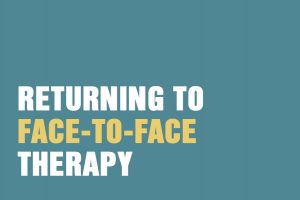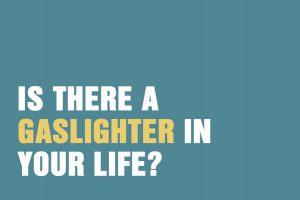“Life is really simple, but we insist on making it complicated.” Confucius
The modern world can be an overwhelming place and, if we aren’t careful, we can find ourselves consumed with having the latest tech, fashion, and trends. We can accidentally find ourselves with an overcomplicated, and overwhelming, life which can lead to higher levels of stress and anxiety.
Minimalism
The minimalist lifestyle has always been around in communities such as Buddhist monks and Catholic nuns but has gained more mainstream popularity in recent years. Modern minimalism is a practice of awareness and intention regarding your belongings, time, and energy. It is a practice in prioritising what is important to you and focusing your mental and physical resources in those areas.
It is not about living with as little as possible, it is about discovering what is important.
There is no set way to practice minimalism; there is no set budget or numerical value by which to measure yourself. It is personal to you. The goal isn’t to achieve perfection or to get yourself into an obsessive or restrictive state. The goal is to increase your awareness regarding what brings value and joy into your life, about what is completely essential to your life, and to live in a way that feels authentic to you.
Mental Clarity
By simplifying your life and getting rid of unnecessary distractions, you’re giving yourself more time and mental space to discover and focus on the things that are most important to you. This will look different for each person, for example, what is most important to you might be your child’s happiness, or your job, or your friends, or your self-development.
Gaining clarity on what is most important to us and what our life purpose is, and then living in alignment with these has been shown to increase happiness levels.
Furthermore, researchers from the Princeton University Neuroscience Institute found that a physical reduction of clutter in the home can boost concentration and increases the ability to focus and process information effectively. Their research also showed that an uncluttered space led people to feel less irritable, more productive, and less distracted.
Relationships
Amitai Etzioli, in his essay on voluntary simplicity, argues that when we stop focusing on acquiring material possessions, we are more likely to focus on relationships. Similarly, spending excessive time on social media, video games, and so on can also mean that relationships suffer. If we reduce or remove such distractions, we automatically free up more time to spend with friends and family.
There are also arguments that minimalism also includes simplifying or editing your friendship group to promote the depth and quality of those relationships. It might be that you feel pulled in every direction by friends from different parts of your life that no longer serve you.
Simplifying your friendships might mean learning to say no to social invitations when you don’t want to attend, or no longer giving the mental energy to those who bring unnecessary drama into your life.
Financial
Very often, the disparity between what we buy and what we need leads to overconsumption. We live in a throw-away culture where we buy things for short-term use and very quickly buy a replacement or move on to something new.
Simplifying your life by no longer buying things that you don’t need, or investing in pieces that will last, means that you will spend, and owe, less money. The knock-on effect of this is that you will eventually gain more financial independence, leading to less stress and worry around finances.
Tips to get you started with simple living
Explore your reasons for wanting to live more simply
- Aside from the reasons given above, what are your personal reasons? Do you want to spend more quality time with your family? Do you want to get yourself out of your overdraft or pay off your credit card? Are you too stressed out to sleep at night?
- Once you have your reasons, write them down and then dig a layer deeper. Why do you want to spend more time with your family? Why do you want to get out of your overdraft? What do you want to sleep better at night?
- You can keep repeating this process until you find your true motivations and a reason that is big enough to keep you motivated.
- Knowing your reasons will help you to remember what is most important to you.
Discard duplicates
- This is an easy first step; simply walk through your home with a box and fill it with unnecessary duplicates. If you have two sets of measuring cups, throw one in the box. If you have two copies of a certain book or DVD put one in the box. Keep the box for 30 days and keep adding to it, then donate the contents.
- It might be easier to gradually go through your home to get rid of clutter. Start with the room that is bothering you the most.
- The items that you keep should be things that you use regularly or things that bring significant value to your life.
Think before you buy
- Before you buy something new, think about why you are buying it. Do you really need it or are you after that rush of excitement you get when you buy something new?
- As Matt Haig said, “We cannot save ourselves from suffering by buying an iPhone. That doesn’t mean we shouldn’t buy one, it just means we should know such things are not ends in themselves.”
Activities
- What activities do you do that don’t serve you or bring you joy? Whether it’s scrolling on social media or agreeing to social engagements that you really don’t want to attend, it’s important to understand which of these you can stop doing and how you can replace them with things that do serve you and the lifestyle that you wish to have.
Finally, it is important to mention the hazards of the comparison trap. As mentioned, simplifying your life is completely personal to you. It can be easy to fall into comparing yourself to others who are also aiming for minimalism, however, it is important to remember that each person has a very different set of life circumstances including whether or not they have children, income, existing debts, mental health, and so on.
Someone else might be entirely happy giving up all of their worldly possessions and living in solitude, but if that isn’t for you then you by no means have to aim for that level of minimalism. Remember that minimalism and simple living is about discovering what is important to you and freeing up mental and financial space so that you can spend more time focusing on those things.
If you would like support with simplifying your life and achieving mental clarity call our Front of House team on 020 8673 4545 or email [email protected] . We have therapy sessions available seven days a week, by phone and online – and some of our therapists are also offering face-to-face sessions at our centres in Clapham and Tooting.








